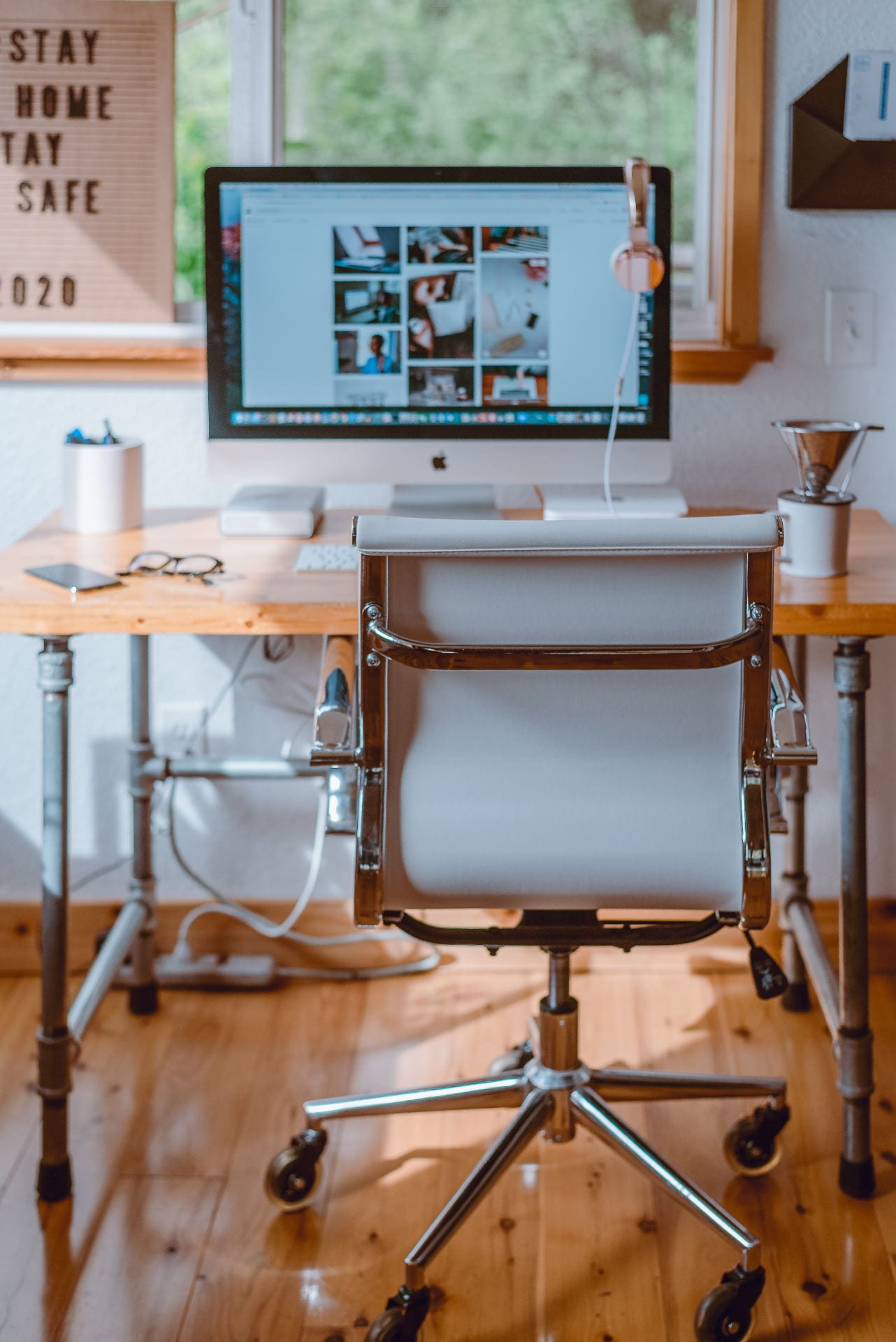Digital Scholarship Project Translations
UO Libraries DREAM Lab COVID-19 Response During Spring Term 2020
Digital Scholarship Project Translations
UO Libraries DREAM Lab COVID-19 Response During Spring Term 2020
Keeping Library Students Workers Employed
Making Digital Scholarship Happen
Keeping Library Students Workers Employed
Making Digital Scholarship Happen
During the COVID-19 Spring 2020 term, the UO Libraries Digital Scholarship Services department pivoted from in-person operations to remote work. Student employees in the DREAM Lab transitioned from supporting faculty and students use of the space into building digital projects for digital research and integrating digital pedagogy into their curriculums.
Over the course of 10 weeks, 6 DREAM Lab student employees worked between 4-11 hours weekly to explore and build pre-existing digital projects (2018-2020) that were built through partnerships and grant funding by librarians, technologists, and UO faculty. With coaching and supervision by Digital Scholarship Services librarians and the Digital Scholarship Specialist Graduate Employee, student workers learned and practiced the basics of building a digital scholarship project, and consulted with other specialists in the UO Libraries.
What did we do?
One of the most frequently asked questions asked of digital scholarship librarians by at University of Oregon faculty and students is “What technology did you use to build that digital humanities project?” During the COVID-19 Spring 2020 Term, the DREAM Lab shifted student employment online
Together, we built what we’ve dubbed “digital translations.” We wanted to answer the question with student workers: is it possible to reconstruct a digital scholarship project as closely as possible using another digital technology?
Why did we do it?
Digital Scholarship Services wanted to support the DREAM Lab student workers with employment and continue to support them in building digital literacy and technology skills. We also wanted students to help build a sample collection of different technologies used to communicate digital research designed to contribute to open education, research, and the public good.
How did we do it?
Given a week turnaround during the COVID-19 Spring 2020 term, the DREAM Lab operations and management leaders, Kate Thornhill, Digital Scholarship Librarian, Anna Lepska, Digital Scholarship Specialist GE 2019-2020, and with administrative support from Franny Gaede, Head of Digital Scholarship Services, needed to pivot DREAM Lab student employment from DREAM Lab space management services.
Supervision and management of student employees took shape in a remote work environment. They supported the students in several ways while designing a term-based program focused on enhancing student employment experiences by working on digital scholarship projects. Projects that would be used to support digital librarian research and consultations with faculty and graduate students who keep digital scholarship support.
Ways the DREAM Lab Operations Management Supported Student Employees:
- Emotional support
- Pivot to supporting the DREAM Lab while the space was closed, but operations were still in-progress
- Development of skills to become part of future professional remote workforces
- Web development skills
- Actively participating in highlightly reflective processes about digital projects through one on one meetings with digital scholarship librarians and the digital scholarship specialist GE
- Engagement in critical peer review of digital projects
- Connections with a UO Libraries Research Data Management and Reproducibility librarian and Digital Scholarship Services Interactive Technology Specialist for project consultants
What are the impacts?
Student Success
- Working remotely and independently
- Preparation for jobs requiring technology experiences
- Build technology resilience
- Build experience with professional business communications technologies
- Enhance time management skill
- Write data management plans
- Make wireframes
- Use a specific digital platforms to build a digital project
- Foundations for the development of an online LIB course focused around digital scholarship
University Research Success
- Librarians have a new digital research consultation tool
- Prepare undergraduate students to engage as digital project assistant for faculty seeking research assistants
- Highlights digital scholarship projects originally designed to communicate faculty digital research
- Tool for digital scholarship librarians to use for grant consultations
Featured Student Reflections
Sabrina’s Experience Constructing the Digital Translation Project Site
If you had to describe your experience working through the process of reconstructing a digital scholarship project, how would you explain it to someone who has never encountered a digital project translation? My experience working through the process of developing a digital scholarship project was beyond informative and such an amazing learning experience. Digital project translations have a wide range of definitions and meanings, but my interpretation of it is simply just taking the main storyline or specific content with different forms of media and information and transferring it onto a different platform that may or may not suit the information better. For my project, I was given a...


Victoria’s Experience Constructing the Architecture of the University of Oregon Digital Translation Project
Digital project translation is working on a project that needs to be versatile with the new platform. It is to translate the metadata from one platform into another platform based on the language that the other platform required. Digital project translation is more than transferring metadata from one platform to another platform. It is about the adaptation to different platforms. Changes can be difficult; however, by learning the language that these platforms require, it will be easy to translate the contents from one platform to another. It is similar to the idea that when one travels to another country, they have to adapt to that country’s culture and tradition despite they are still...